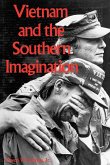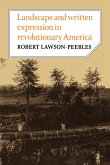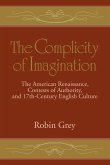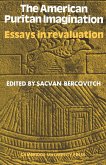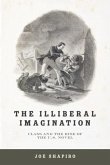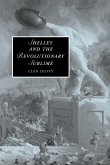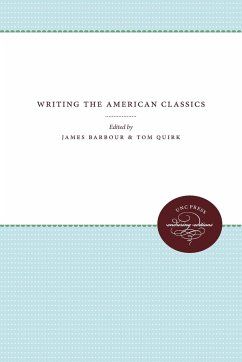In this study of two neglected New England poets, Alan Wald challenges the literary culture that has obscured the radical and Marxist heritage of American letters in our century. "Simply by aspiring to accurate historical remembrance," Wald writes, "this book aims to subvert the currently sanctified canon of letters and the vision of society legitimized by its codification." John Wheelwright (1897-1940) and Sherry Mangan (1904-1961) were Harvard-educated, avant-garde poets in the 1920s. Influenced by Leon Trotsky, they became revolutionaries during the Great Depression. In this first book to examine the relationship in the United States between modernist poets and Marxist politics, Wald demonstrates that Wheelwright and Mangan defy -- in their personalities and in their literary styles, themes, and achievements -- standard depictions of socialist writers in the 1930s. Wald uses a contemporary Marxist approach of his own to extend the study of American literary radicalism into such areas as the formal features of leftist poetry in the United States, how modernism and Marxism are related, and what happened to the recalcitrant 1930s radicals during the Cold War period. John Ashbery has called Wheelwright's Collected Poems one of the 100 most important books of Western literature of the last thirty-five years. Scholars, however, have virtually ignored Wheelwright. A leader of the Harvard Poetry Society in the post-World War I era, Wheelwright was also an architectural historian, heterodox Anglican, and highly unconventional Boston Brahmin. Before he was killed in a car accident in 1940, Wheelwright had established himself as a legendary figure among Boston-area writers. Wald argues that Wheelwright succeeded in resolving for himself the fundamental paradox faced by the modernist poet who is also a radical -- the urge to write poems that are complex and therefore objectively elitist and the desire to use art to influence the attitudes of a mass audience. Also educated at Harvard, Mangan was a passionate and scholarly classicist. He made a small but distinct mark on American literature in the late 1920s and early 1930s as a poet, novelist, short story writer, critic, editor, and book designer. By the end of the depression, however, he had remade his life, exiling himself to Western Europe and Latin America, where he worked as a journalist for Time, Life, and Fortune and carried out political missions for the Trotskyist Fourth International. Wald concludes that Mangan's writing after the mid-1930s became either impenetrable in its obscure personal symbolism or conventionally realistic. Originally published in 1983. A UNC Press Enduring Edition -- UNC Press Enduring Editions use the latest in digital technology to make available again books from our distinguished backlist that were previously out of print. These editions are published unaltered from the original, and are presented in affordable paperback formats, bringing readers both historical and cultural value.
Hinweis: Dieser Artikel kann nur an eine deutsche Lieferadresse ausgeliefert werden.
Hinweis: Dieser Artikel kann nur an eine deutsche Lieferadresse ausgeliefert werden.


